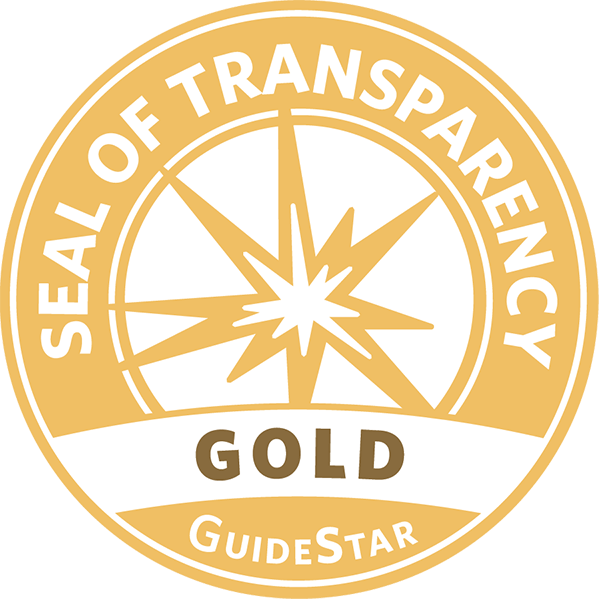CARES Act & Philanthropy
The CARES Act and Your 2020 Philanthropy
The CARES Act (Coronavirus Aid, Relief and Economic Security Act) has provided additional incentives to encourage philanthropy during these difficult times.
Here are the key takeaways and some additional information to help you plan year-end giving.
New, for those who don’t itemize deductions
The CARES Act allows for up to $300 in qualified charitable contributions to qualify as an above-the-line deduction, meaning you don’t have to itemize deductions in order to claim the $300 as a deduction. Qualifying donations must be made in cash or cash equivalents (as opposed to stock, property or other assets for example) and cannot be directed to a supporting organization or donor advised fund.
New, for those who itemize
Donors who itemize can now give more to charity before reaching their adjusted gross income (AGI) limitation. Formerly set at 60%, the limitation for cash contributions to certain public charities has been raised to 100% of AGI for 2020. Giving beyond this 100% limitation may be carried over and used in the next five years. The gifts must go directly to charities, rather than to a donor-advised fund, non-operating private foundation or supporting organization, helping to significantly reduce taxable income (and will be subject to the current 60% AGI limitation).
For those who own Corporations
For contributions of cash paid to charitable organizations in calendar year 2020 (and 2020 only), a corporation can claim a charitable income tax deduction up to 25% of the corporation’s taxable income. This provision applies to C-corporation taxpayers (corporations that pay their own income taxes). S-corporations that make charitable contributions allocate these deductions among their shareholders and the shareholders can claim a deduction on their own personal income taxes. The gifts must go directly to charities, rather than to a donor-advised fund, non-operating private foundation or supporting organization.
Concerning RMDs and QCDs
Many of you who are 70+ may be familiar with Required Minimum Distributions (RMDs) and Qualified Charitable Distributions (QCDs). Thanks to the CARES Act, RMDs have been suspended for 2020, meaning that you can forgo taking RMDs from your IRAs or other defined contribution plans such as 401(k)s this year. However, you may still benefit from making a qualified charitable distribution this year (up to $100,000) by making a tax-free transfer of money out of your IRA to continue supporting Antioch and your other charities of choice, and to reduce future year RMDs. To keep the money out of your AGI, it must be transferred directly from your IRA to the charity. Ask your IRA custodian for help, and let Antioch know if you decide to go ahead and make a qualified charitable distribution. We will be grateful indeed!
For your information, even though the SECURE Act, another recent tax law, increased the age to start taking RMDs from 70½ to 72, you can still make a tax-deductible qualified charitable distribution any time after you turn age 70½.
Get a Double Tax Break by Giving Appreciated Stock
Giving appreciated stock has great advantages. If you owned the stock for more than a year, you can deduct the value of the stock on the date you give it, if you itemize. And even if you don’t itemize, you can avoid paying long-term capital gains taxes on your profits, which could have cost up to 20% if you sold the stock first. (Please note that giving appreciated stock doesn’t qualify for the special $300 charitable deduction for non-itemizers for 2020; that only applies to cash.)
Note, too, that you can reap the full 100% of AGI benefit by “stacking” cash contributions with gifts that are subject to unchanged limits. For example, donations of appreciated securities are subject to limits of 20% or 30% of AGI, depending on various factors. You could donate securities you’ve held for more than one year (that is, long-term capital gain assets) in an amount equal to 30% of your AGI to avoid any capital gains tax on the securities. And then, you could donate 70% of your AGI in cash to public charities.
In addition, “loss harvesting” gives you a way to offset taxable gains. Selling poorly performing investments before year-end lets you reduce realized gains on a dollar-for-dollar basis.
With so much stock market volatility this year, you may want to consider donating stock when it reaches a target price, rather than waiting until the end of December as many donors do. You can be assured that Antioch will get your support and you will be maximizing the benefits of tax deductibility on appreciated stock–win/win/win!
Please consult a tax advisor to discuss your specific circumstances, and thank you for continuing to support Antioch College through it all!

